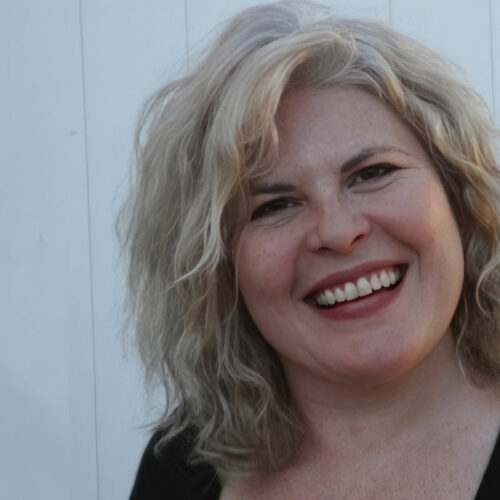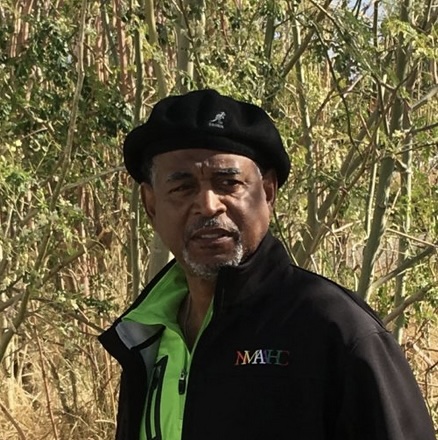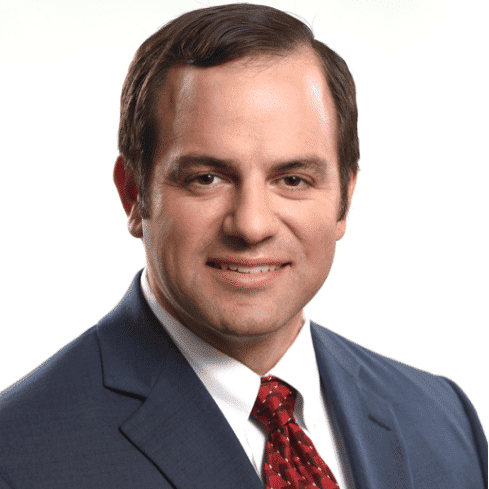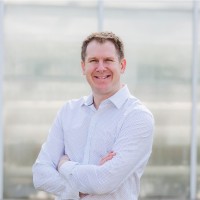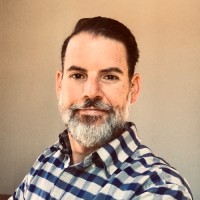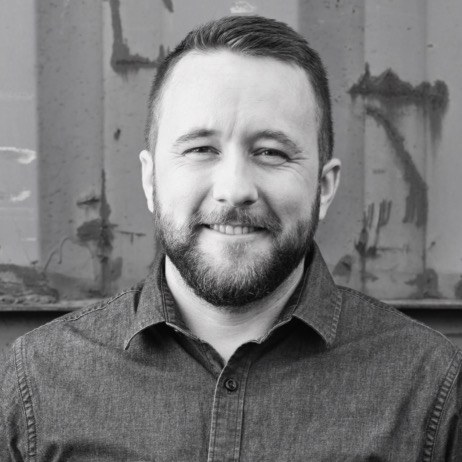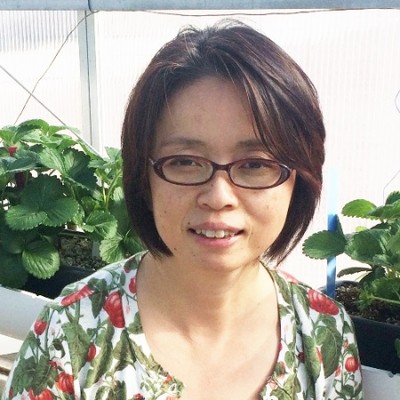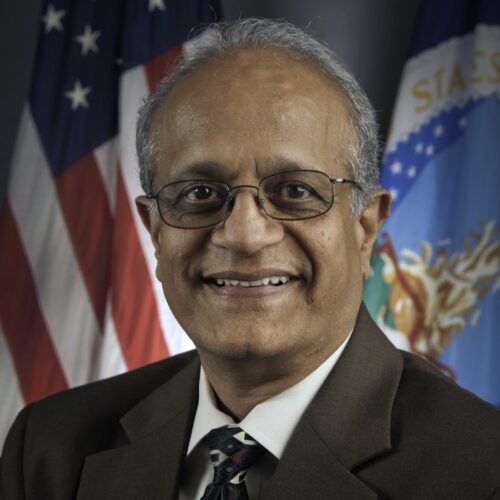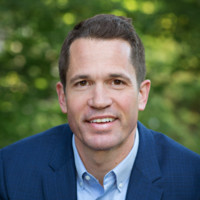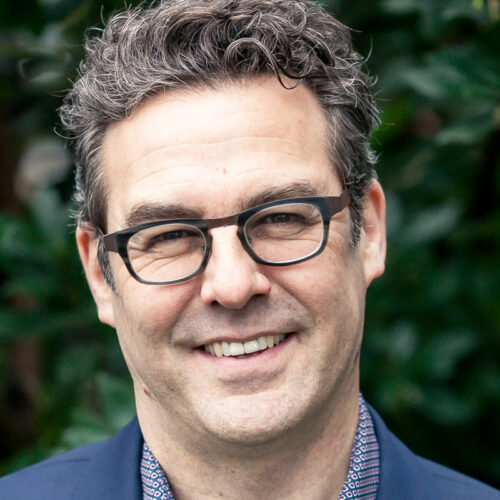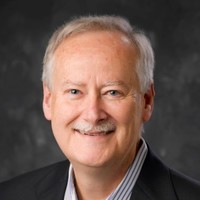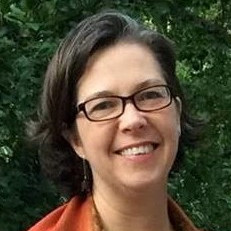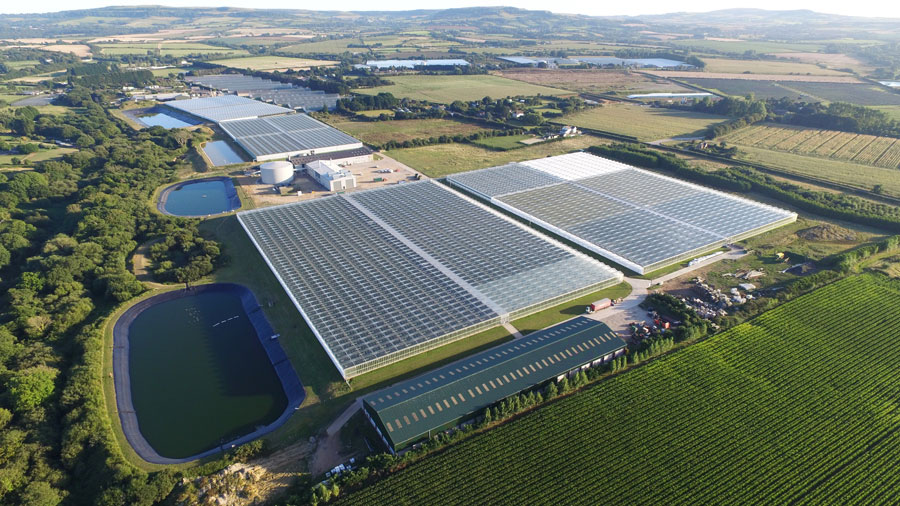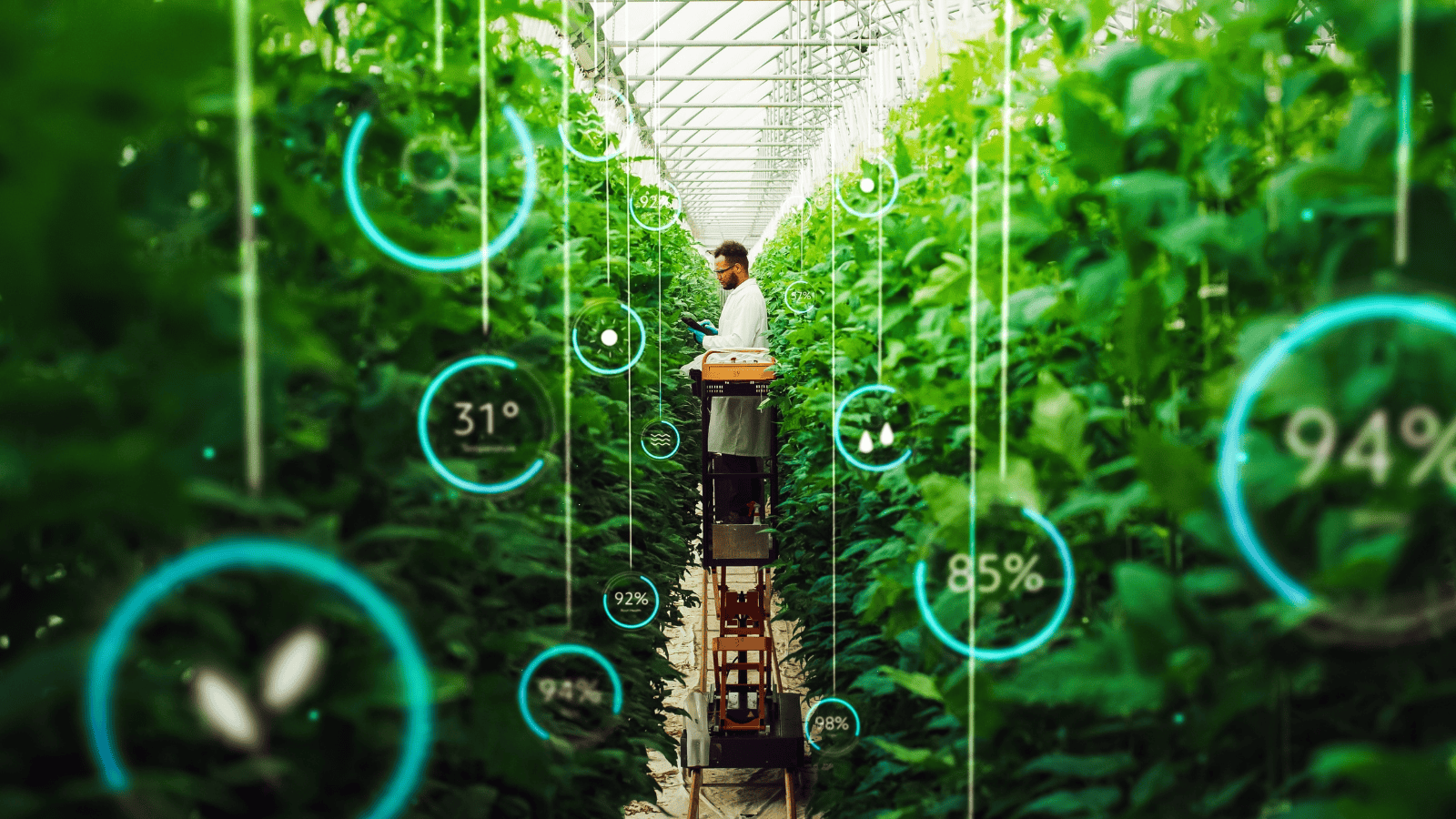The CEA Accelerator
In partnership with



A Partnership Dedicated to Developing National Infrastructure for CEA
Resource Innovation Institute (RII) is working with the U.S. Department of Energy (DOE) Industrial Efficiency and Decarbonization Office and Lawrence Berkeley National Laboratory (Berkeley Lab) to develop a national infrastructure that will help states accelerate the integration of energy- and water-efficient Controlled Environment Agriculture (CEA) into communities.

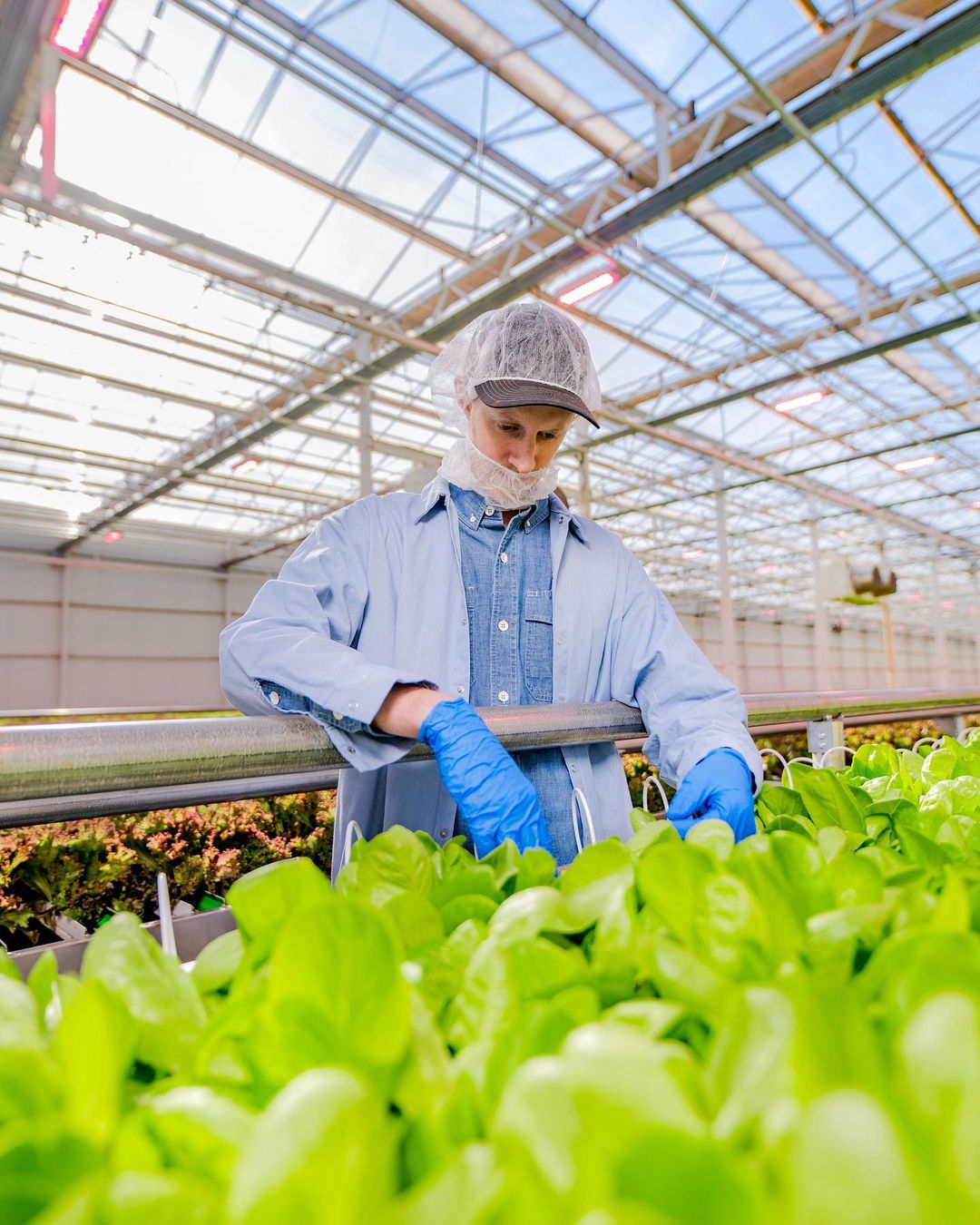
Igniting Innovation and Adoption in Controlled Environment Agriculture
Explore how we’re accelerating the CEA landscape with our initiatives:
- Introducing a national site feasibility tool for streamlined identification and permitting
- Promoting decarbonization and circularity strategies, including collaborative practices like co-location for waste heat exchanges
- Scaling up producer benchmarking for a national dataset on energy, water, and carbon emissions
- Enhancing efficiency, profitability, and utility incentives
- Establishing a national CEA workforce infrastructure and professional credentialing program
- Partnering with leading states for climate-smart CEA development
Led by SEED
Advisory Council
The CEA Accelerator will be led by the Stakeholder Engagement, Education, and Deployment (SEED) team. In collaboration with the RII, Berkeley Lab and IEDO teams, the strategic advisory council SEED drives accelerator milestones and deliverables towards market adoption. The group is composed of diverse stakeholders representing a variety of expertise in the agriculture community.
We are please to introduce the following members of the SEED Strategic Advisory Council
2024-2025 Technical Advisory Council Working Groups
The CEA Accelerator will convene several working groups over the next two years of the project. These working groups will develop best practice guidance available to the public that explore emerging strategies in CEA. The working groups will be held in conjunction with working groups exploring topics related to energy management, AI and robotics, high-tech greenhouse techniques, site feasibility, CEA decarbonization among others.
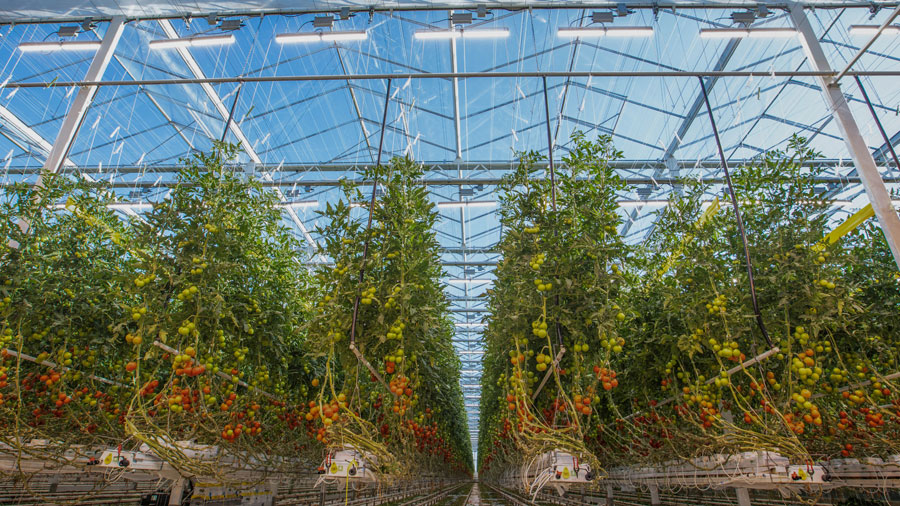
High-Tech Greenhouse Knowledge Transfer
The purpose of this group is to take the learnings from mature markets in The Netherlands and Canada related to high-tech greenhouse design and operations. The group will discuss ways in which these techniques could be adopted in the US.
Interested in joining an upcoming working group?
Please complete the form to get in touch with us.
We welcome your questions, comments, or any other inquiries you may have.
Learn About the Partners
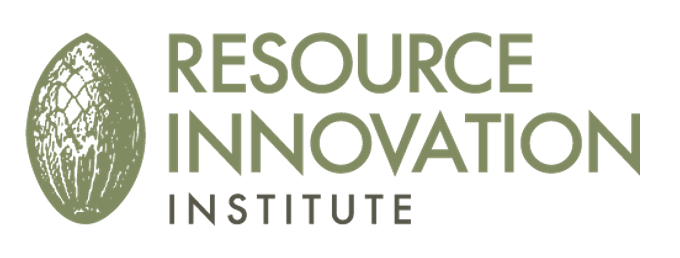
Resource Innovation Institute
Resource Innovation Institute (RII) is a not-for-profit, public-private partnership advancing climate resilience. RII provides resource efficiency education, training and data-driven verification, in collaboration with CEA producers, researchers, governments, utilities, and the design & construction sector.

Industrial Efficiency and Decarbonization Office
The U.S. Department of Energy Industrial Efficiency and Decarbonization Office (IEDO) accelerates the innovation and adoption of cost-effective technologies that eliminate industrial greenhouse gas emissions. Learn more about IEDO’s mission and what the office is doing to help decarbonize American agriculture.

Berkeley Lab
Lawrence Berkeley National Laboratory (Berkeley Lab) is committed to delivering solutions for humankind through research in clean energy, a healthy planet, and discovery science. Founded in 1931 on the belief that the biggest problems are best addressed by teams, Berkeley Lab and its scientists have been recognized with 16 Nobel Prizes. Researchers from around the world rely on the Lab’s world-class scientific facilities for their own pioneering research. Berkeley Lab is a multiprogram national laboratory managed by the University of California for the U.S. Department of Energy’s Office of Science.


